Search
Remove Ads
Advertisement
Search Results
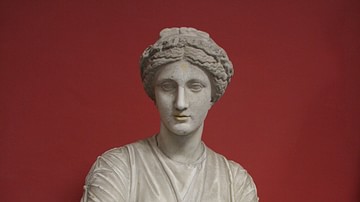
Article
Hesiod on the Birth of the Gods
The Greek poet Hesiod (c. 700 BCE) is most famous for his works Theogony and Works and Days. In this passage from Theogony, Hesiod relates the birth of the gods from cosmic Chaos and follows the lineage through the great Zeus, King of the...
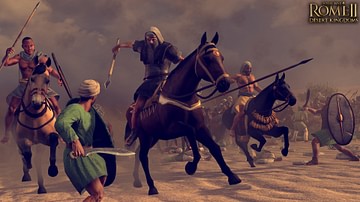
Article
The Masaesyli and Massylii of Numidia
The North African Berber kingdom of Numidia (202-40 BCE) was originally inhabited by a tribe (or federation of tribes) known as the Masaesyli, to the west, and a coalition of smaller tribes, known as the Massylii, to the east. The meaning...
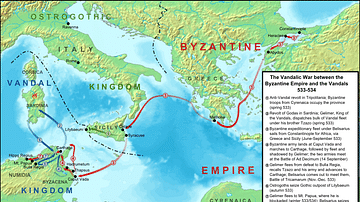
Article
Battle of Tricamarum
The Battle of Tricamarum (533 CE) was the second and last major battle of the Vandalic War (533 – 534 CE). The battle was fought between the forces of the Byzantine Empire under the leadership of the general Belisarius (500 – 565 CE) and...
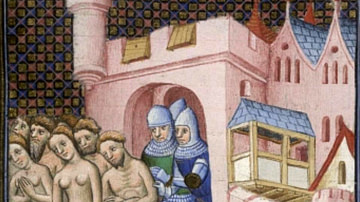
Definition
Cathars
The Cathars (also known as Cathari from the Greek Katharoi for “pure ones”) were a dualist medieval religious sect of Southern France which flourished in the 12th century and challenged the authority of the Catholic Church. They were also...
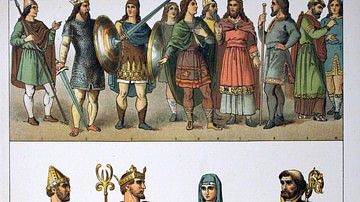
Definition
The Saxons
The Saxons were a Germanic people of the region north of the Elbe River stretching from Holstein (in modern-day Germany) to the North Sea. The Saxons who migrated to Britain in the 5th and 6th centuries CE along with the Angles, Frisians...
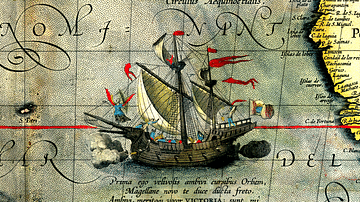
Definition
Ferdinand Magellan
Ferdinand Magellan, or Fernão de Magalhães (c. 1480-1521), was a Portuguese mariner whose expedition was the first to circumnavigate the globe in 1519-22 in the service of Spain. Magellan was killed on the voyage in what is today the Philippines...
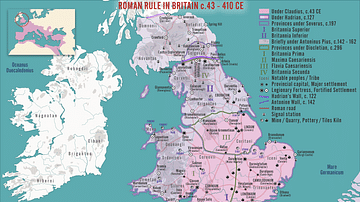
Definition
Ancient Britain
Ancient Britain was a landmass on the northwest of the continent of Europe first occupied by humans c. 800,000 years ago prior to it becoming an island c. 6000 BCE due to flooding which separated it from the mainland. Agriculture began to...
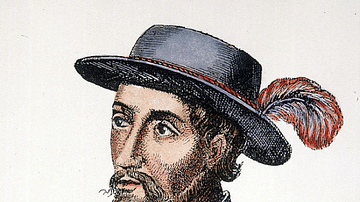
Definition
Juan Ponce de León
Juan Ponce de León (1474-1521) was a Spanish conquistador who led expeditions from Puerto Rico to the coast of Florida, giving the region its current name. He also served as the first governor of Puerto Rico and discovered the Gulf Stream...

Definition
Roman Science
The Romans assimilated earlier Greek science for their own purposes, evaluating and then accepting or rejecting that which was most useful, much as they did in other fields such as warfare, art, and theatre. This assimilation of Greek thought...
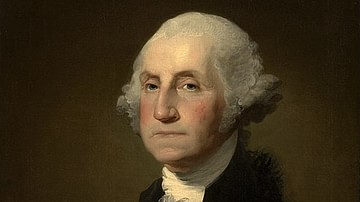
Definition
George Washington
George Washington (1732-1799) was an American military officer and statesman who led the Continental Army to victory during the American Revolutionary War (1775-1783) and served as the first president of the United States (1789-1797). Often...